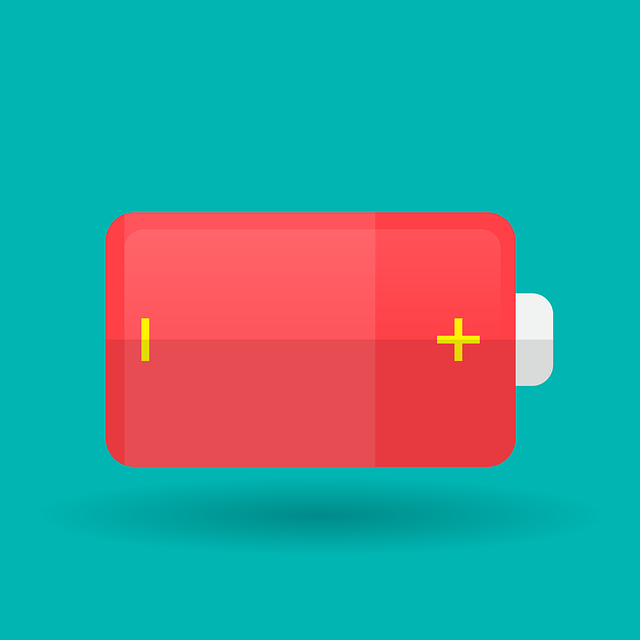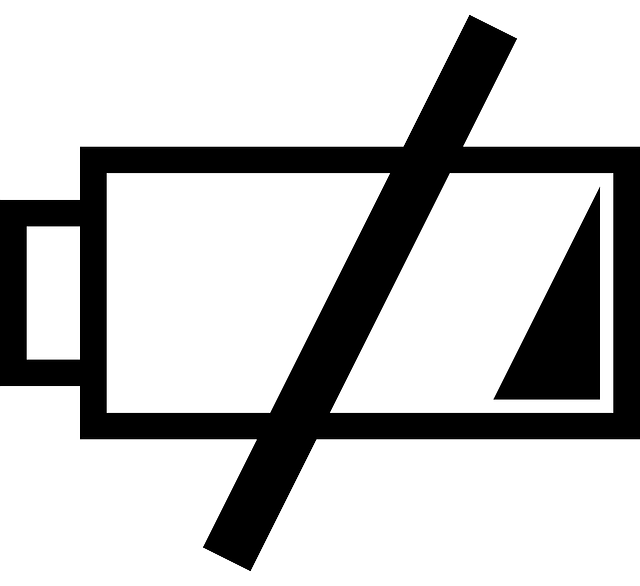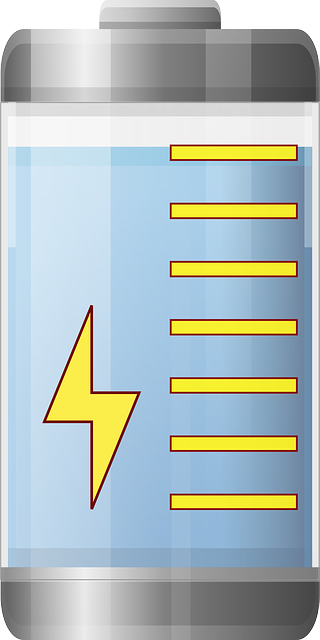Button batteries, found in various electronic devices, present a significant environmental hazard due to their lithium content and potential release of toxic substances. These batteries must be disposed of responsibly to prevent contamination of landfills and natural habitats, as improper disposal can lead to resource depletion and harm aquatic life. It's crucial for manufacturers to design take-back programs and for consumers to recycle these batteries through specialized centers or programs. Innovations in recycling technology are key to improving the recovery rates of valuable materials from button batteries, and research into non-toxic alternatives is ongoing. Additionally, there's a growing emphasis on integrating renewable energy sources to reduce overall reliance on batteries. The evolution towards sustainable energy infrastructure, including solar and wind power, represents a significant shift that could eventually render button batteries obsolete in favor of cleaner energy solutions.
Button batteries power a myriad of devices, from remote controls to hearing aids. Their convenience comes with an environmental cost, as improper disposal can harm ecosystems and wildlife. This article delves into eco-friendly methods for recycling these small but impactful batteries. We’ll explore the environmental impact they have, the correct disposal techniques, local recycling programs, DIY home solutions for safe recycling, technological advancements in battery recycling, industry partnerships to reduce waste, and the importance of consumer awareness in responsible disposal. Additionally, we’ll look ahead at future innovations poised to revolutionize button battery recycling and introduce eco-friendly energy alternatives. Join us as we prioritize planet health one battery at a time.
- Understanding the Environmental Impact of Button Batteries
- The Proper Disposal Methods for Used Button Batteries
- Local Recycling Programs and Facilities for Button Batteries
- DIY Home Solutions for Recycling Button Batteries Safely
- The Role of Technology in Recycling Button Batteries
- Partnerships Between Manufacturers and Recyclers to Mitigate Waste
- Consumer Awareness: The Importance of Responsible Button Battery Disposal
- Future Innovations in Button Battery Recycling and Eco-Friendly Energy Solutions
Understanding the Environmental Impact of Button Batteries
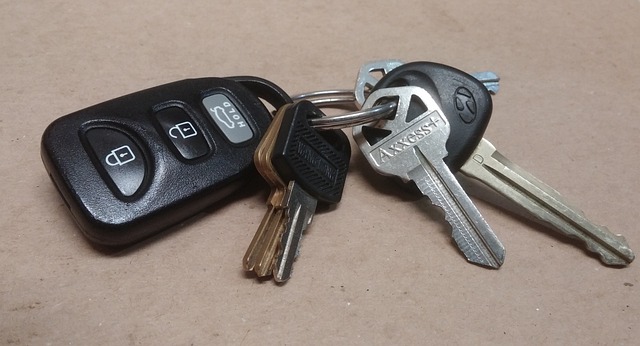
Button batteries, often found in small electronic devices such as watches, hearing aids, and remote controls, pose a significant environmental risk due to their lithium content. When discarded improperly and enter landfills or natural environments, these batteries can cause harm not only by depleting finite resources but also through their disposal, which can lead to soil and water contamination. The chemical compounds within button batteries, particularly when broken down, release toxic substances like lithium, which can be hazardous to aquatic life and ecosystems. This environmental impact underscores the necessity for responsible disposal and recycling of these batteries. It’s crucial for consumers and manufacturers alike to prioritize sustainable practices in the lifecycle of button batteries, from production to end-of-life management. Recycling programs specifically designed for button batteries are essential to mitigate their ecological footprint and protect biodiversity. Consumer awareness and accessibility to such recycling initiatives are key factors in effectively addressing the environmental challenges posed by these seemingly small but impactful power sources.
The Proper Disposal Methods for Used Button Batteries
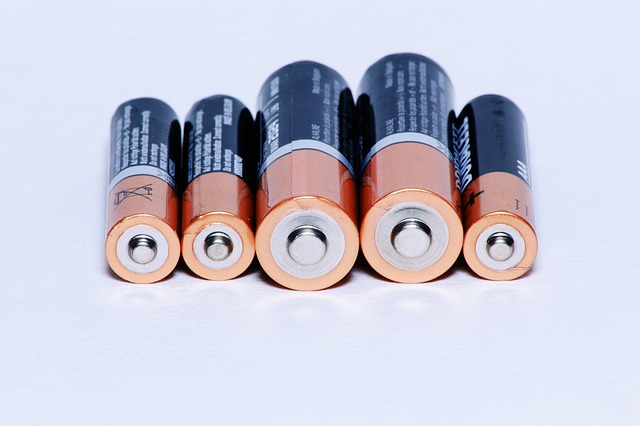
Recycling button batteries is a critical environmental responsibility due to their containing hazardous materials like lithium, mercury, and zinc, which can pose significant health risks if improperly disposed of. To manage these risks effectively, it’s crucial to follow proper disposal methods for used button batteries. First, identify the types of button batteries you have, as different battery chemistries require different handling procedures. Typically, button batteries should not be placed in regular trash or recycling bins due to the risk of accidental ingestion and chemical leakage. Instead, they should be taken to designated electronic waste (e-waste) collection centers or facilities that specialize in hazardous waste disposal. These facilities are equipped to handle the batteries safely and ensure that their components are recovered and reused responsibly.
When disposing of button batteries, it’s essential to keep them out of reach of children and pets, as they can cause severe internal injuries if swallowed. Always use the original packaging or a tape-sealed bag to contain the batteries, label it clearly with “button batteries” for identification by the recycling facility staff. This step prevents mishandling and ensures that the batteries are processed correctly. Additionally, some retailers and manufacturers offer take-back programs for used button batteries, making it convenient for consumers to recycle them without any hassle. By adhering to these disposal guidelines, we can mitigate environmental contamination and safeguard human health.
Local Recycling Programs and Facilities for Button Batteries

Local recycling programs play a pivotal role in addressing the environmental impact of used button batteries. These small but powerful cells, commonly found in everyday devices like remote controls, hearing aids, and wristwatches, contain chemicals such as lithium, zinc, and mercury that can be hazardous to the environment if improperly disposed of. To mitigate this risk, municipalities and environmental organizations have established dedicated recycling facilities. These centers are equipped to safely collect and process button batteries, ensuring that their components are repurposed or disposed of in a manner that protects natural resources and ecosystems.
Participants in these programs can typically locate designated drop-off points within community collection centers, electronics stores, or local waste management facilities. These locations often have clearly marked collection bins for button batteries, making it convenient for individuals to responsibly dispose of their used batteries. The key to the success of such initiatives lies in public awareness and engagement; by educating citizens about the importance of recycling button batteries and providing accessible recycling options, these programs can significantly reduce the environmental footprint associated with these batteries. It is through concerted community efforts and partnerships with battery manufacturers that the cycle of eco-friendly recycling for button batteries can be sustained.
DIY Home Solutions for Recycling Button Batteries Safely
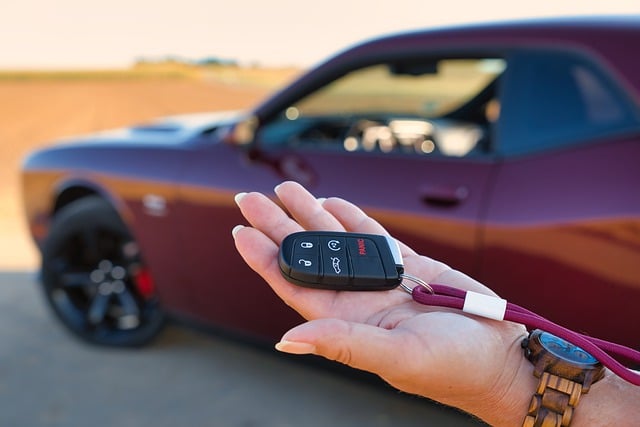
When it comes to managing button batteries, which are commonly found in household items like remote controls and watches, it’s crucial to handle them with care due to their lithium content, which can pose a risk if swallowed. For those interested in eco-friendly home solutions for recycling these batteries, there are several DIY methods that can be safely implemented. One such method involves creating a small solar battery charger at home. This device uses photovoltaic cells to recharge button batteries, allowing for their continued use after they’ve been drained in their initial application. The setup is relatively simple and can be constructed using readily available components, including a solar panel, rechargeable batteries, and basic electrical materials.
Another home-based approach is to repurpose button batteries into powering low-energy devices or as a backup power source for emergency equipment. This requires careful consideration of the battery’s voltage and capacity to match the requirements of the device it will power. A crucial step in this process is to discharge the batteries safely beforehand, which can be done by connecting them in series and parallel to form a larger battery pack and then gently draining them through a controlled load, such as a resistor. Proper disposal should always be the final option when these methods are not feasible, with local recycling programs being the best course of action for ensuring these batteries are handled responsibly and sustainably.
The Role of Technology in Recycling Button Batteries

Button batteries, small yet powerful, are integral components in a multitude of household devices from remote controls to hearing aids and watches. As their usage proliferates, so does the necessity for sustainable disposal and recycling practices. Technology plays a pivotal role in addressing the environmental challenges posed by these batteries due to their lithium content, which can be hazardous if improperly disposed of. Innovations in recycling technologies have led to more efficient processes that not only recover valuable metals such as lithium, copper, and zinc but also minimize the ecological footprint associated with battery production and disposal.
Advancements in sorting mechanisms, particularly those employing machine learning algorithms, enable precise identification and separation of button batteries from other waste streams. This automation reduces contamination and enhances the purity of the recycled materials. Furthermore, recent developments in chemical leaching techniques have improved the extraction rates of these metals, making the process more cost-effective and environmentally friendly. As a result, these technologies not only contribute to the conservation of resources but also support a closed-loop economy where materials are continually reused rather than replaced, thereby mitigating the environmental impact of button battery waste.
Partnerships Between Manufacturers and Recyclers to Mitigate Waste

Button batteries, small but potent power sources used in everyday devices such as watches, hearing aids, and remote controls, present a unique environmental challenge due to their lithium content. To address this issue, there’s a growing collaboration between manufacturers of these batteries and specialized recyclers. These partnerships are pivotal in establishing efficient collection schemes that ensure the responsible disposal and recycling of used button batteries. By integrating take-back programs into product designs, manufacturers can significantly reduce the environmental impact of their batteries. Recyclers, on the other hand, utilize advanced technologies to recover materials from the batteries, which can then be reintroduced into the manufacturing supply chain. This closed-loop system not only conserves resources but also mitigates the release of harmful substances into the environment. The synergy between manufacturers and recyclers is crucial in transforming the lifecycle management of button batteries, making strides towards a greener future. It’s through these concerted efforts that we can effectively manage the environmental footprint associated with these indispensable power sources.
Consumer Awareness: The Importance of Responsible Button Battery Disposal

Button batteries, small but mighty power sources found in an array of everyday devices from remote controls to hearing aids, pose a significant environmental risk if not disposed of responsibly. The ubiquity of these batteries means that their improper disposal can lead to environmental contamination and harm to wildlife, as they contain corrosive chemicals that can cause serious damage when leached into the soil or water systems. Consumers play a pivotal role in mitigating this risk through informed disposal practices. Awareness campaigns and educational initiatives are crucial in teaching the public about the proper handling of used button batteries. By understanding the impact of irresponsible disposal, individuals can make conscious choices to recycle these batteries at designated collection points or through specialized recycling programs. These efforts not only protect the environment but also safeguard ecosystems and biodiversity from the detrimental effects of battery waste. It is imperative for manufacturers, retailers, and consumers alike to recognize their shared responsibility in this eco-friendly initiative, ensuring that button batteries are disposed of in a manner that aligns with environmental stewardship principles. This collective action can significantly reduce the environmental footprint and contribute to a more sustainable future.
Future Innovations in Button Battery Recycling and Eco-Friendly Energy Solutions
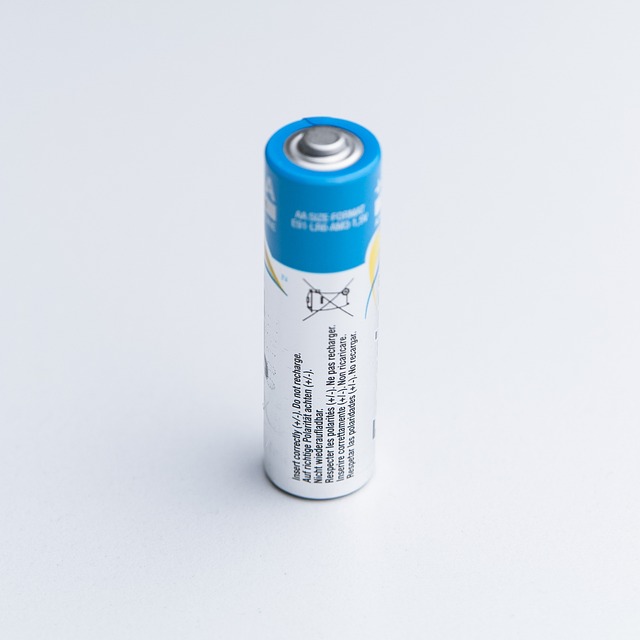
The recycling of button batteries, which are critical components in numerous household and consumer electronics, presents a significant environmental challenge due to their size and the hazardous substances they contain. As the demand for these batteries continues to rise with the proliferation of portable devices, innovative solutions are being pursued to mitigate their ecological impact. Future innovations in button battery recycling focus on improving recovery rates and addressing the complexities of their chemical composition. Technologies that enable selective separation of battery materials are under development, which would facilitate more efficient recycling processes and reduce the environmental footprint associated with these batteries. Moreover, advancements in material science aim to develop safer, non-toxic alternatives to current button battery chemistries, potentially transforming the landscape of energy storage solutions. These eco-friendly options could not only alleviate concerns over hazardous waste but also pave the way for a more sustainable future where energy needs are met without compromising the integrity of our ecosystems. In tandem with these recycling advancements, the exploration of alternative eco-friendly energy solutions is gaining momentum. Researchers are investigating renewable energy sources and energy storage technologies that can reduce reliance on batteries altogether. The integration of solar power, wind energy, and smart grid systems represents a paradigm shift towards a greener and more sustainable energy infrastructure, one where button batteries serve as a stepping stone rather than an endpoint in the quest for cleaner energy solutions.
In conclusion, the topic of recycling button batteries is a critical component in the larger effort to minimize environmental impact and promote sustainable practices. By understanding the importance of proper disposal methods and utilizing local recycling programs or DIY home solutions, individuals can significantly contribute to waste reduction. The collaborative efforts of manufacturers, recyclers, and consumers are essential in addressing the challenges posed by button battery waste. As technology advances and innovation thrives, more eco-friendly options for energy storage will likely emerge, further aiding in our collective journey towards a greener future. It is imperative that awareness among consumers continues to rise, ensuring responsible disposal of these small but impactful items. With concerted action, the environmental footprint left by button batteries can be minimized, paving the way for a more sustainable planet.
